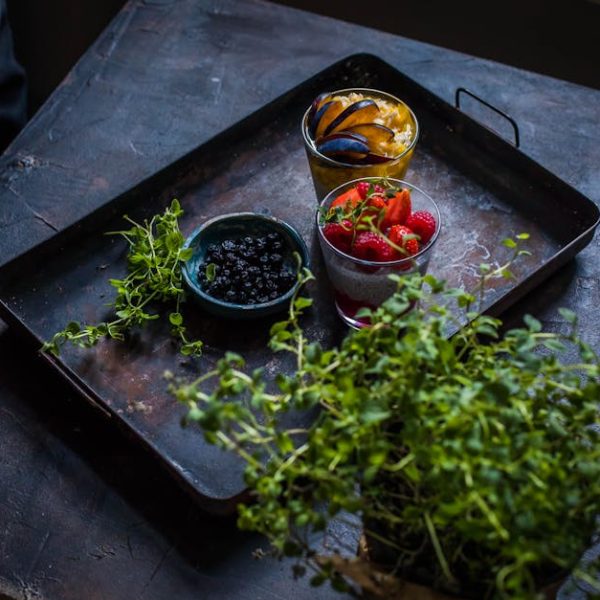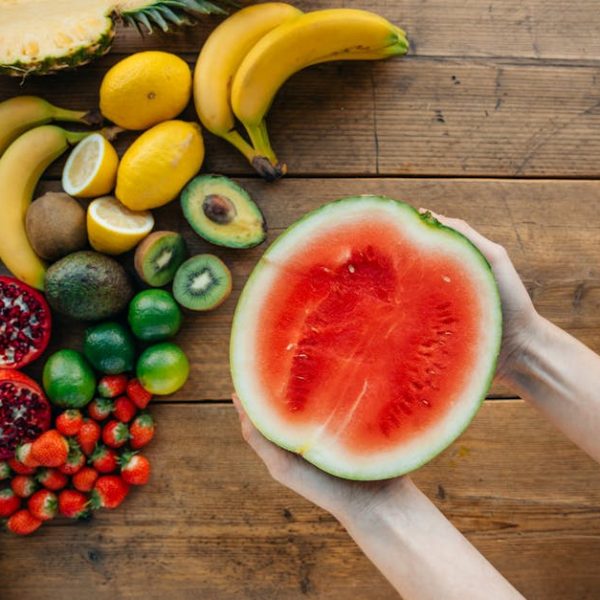Bananas are among the most popular fruits worldwide due to their taste, versatility, and nutritional benefits. However, keeping them fresh for an extended period can be tricky. This guide will provide more than 11 simple hacks for storing bananas effectively, aiming to save you both money and prevent food waste.
Understanding the Basic Nature of Bananas
Bananas ripen by producing a natural gas called ethylene. As bananas mature, they create more ethylene, which accelerates the ripening process. In turn, the fruit becomes sweet and perfect for consumption. Ethylene production can be manipulated to control how quickly bananas ripen, which is crucial to getting the most out of this beloved fruit.
An unripe banana can last on the counter for around one week, but after it ripens, it only remains optimal for 1-2 days.
Tip: To speed up the process of ripening green bananas, place them in a paper bag with an apple or tomato, which are high ethylene producers. Just be sure to keep a watchful eye; the process can be surprisingly swift.
A banana preservation checklist:
- Store bananas at room temperature until they ripen.
- Avoid storing bananas with other fruits unless you want to speed up the ripening process.
- Smell bananas regularly to detect potential fermentation.
Hacks for Extending the Life of a Single Banana
If you’re the sole banana eater in your household, or only enjoy an occasional banana, knowing how to extend the life of a single banana is essential. Here are three simple yet effective solutions:
- Store bananas in a cool, dark place: Excessive heat and direct sunlight speed up the ripening process. Storing bananas in a cool, dark place slows down the ripening process and extends their lifespan.
- Keep the stem wrapped: Ethylene gas exits through the stem, so covering the stem with plastic wrap can slow the process. Replace the wrap after removing a banana to maintain effectiveness.
- Store bananas separately: Bananas release ethylene gas which triggers ripening. Keeping them separate from each other and other fruits can slow down the process.
Pro Tip: Depending on how ripe your bananas are and when you plan to eat them, you can switch between these methods as needed.
Storing a Bunch of Bananas
If you buy bananas in large quantities, keeping them fresh is a bit more complex.
A banana hanger can help by keeping them suspended in the air, reducing the risk of bruising. Wrapping the stems with cling wrap can also slow down ethylene production, preserving the bananas for longer. Finally, it is advisable to separate ripe bananas from unripe ones to prevent the former from speeding up the ripening of the latter.
Pro Tip: Regularly inspect your bananas for brown spots and discard any significantly bruised ones promptly. Fruit flies are attracted to the smell of overripe bananas, so clean your banana storage area regularly.
Incorporate these tips into your routine to see noticeable improvements in your banana longevity.
Long-term Storage Solutions for Bananas
But what if you have an overabundance of bananas or plan to use them later? Don’t worry! Long-term storage solutions exist for scenarios like these.
Freezing: If you’re not planning to eat your bananas within the week, consider freezing them. Freeze bananas at their peak ripeness for the best flavor. Before popping them in the freezer, be sure to peel and slice them; this way, they’ll be ready to use in smoothies, baking, or as a cool treat on hot days.
Refrigerating: Storing bananas in the fridge can also extend their lifespan. The skin might turn brown or black, but the fruit inside will remain fresh and delicious for a bit longer. You can refrigerate bananas with or without the peel, depending on your preference.
Checklist and Best Practices for Long-term Banana Storage:
- Use airtight containers or freezer bags to store bananas in the refrigerator or freezer.
- Monitor any changes in texture and taste. If the banana becomes too mushy or develops an off taste, discard.
- Clearly label your containers with dates for easy tracking and organization.
Extra Tip: Frozen bananas can be a great addition to your breakfast or dessert. Toss them in your smoothies, pancakes, and homemade ice creams for added sweetness and creaminess.
Common Mistakes and Myths about Storing Bananas
Banana storage comes with its fair share of misconceptions and misguided practices. Let’s set the record straight:
Myth 1: Refrigerator ruins bananas. In reality, while the skins may darken in the fridge, the fruit inside stays perfectly fine for few more days.
Myth 2: All fruits can be stored together. In fact, bananas release ethylene gas, which can lead to the premature ripening of other fruits stored nearby.
Common mistakes include storing bananas in fruit bowls where they are exposed to sunlight and heat or forgetting to check stored bananas regularly, which can lead to overripening.
Pro Tip: Keep stored bananas clean and check them regularly to ensure they don’t overripen or develop mold. Remember, a single overripe banana can speed up the ripening process of all the other bananas around it.
While these tips and tricks might seem excessive for a simple fruit like banana, in practice, they can help you enjoy bananas at your preferred level of ripeness whenever you like. Moreover, they contribute significantly to minimizing food waste, which is a win-win deal!
Key Takeaway:
- Bananas ripen by producing a natural gas called ethylene, which can be manipulated to control their ripening process.
- To extend the life of a single banana, you can store it in a cool, dark place, keep the stem wrapped, or keep it separately from other fruits.
- A bunch of bananas can be stored properly by hanging them, wrapping the stems with cling film, and separating the ripe from the unripe ones.
- For long-term storage, you can freeze peeled and sliced bananas, or you can store them in the fridge both with and without peels.
- Debunking of banana storage myths and common mistakes include the claim that refrigerating bananas ruins the fruit and the practice of storing bananas with other fruits.
Despite the complexity of banana storage procedures, following these techniques will ensure that you can enjoy bananas longer, at your preferred ripeness level. Moreover, this will help minimize food waste, benefiting not just you, but the environment as well. Practical and sustainable, these storage tactics are worth incorporating into your routine.
FAQs
Q: How can I speed up the ripening process of bananas?
A: To speed up the ripening process, you can store bananas in a paper bag which traps the ethylene gas that accelerates ripening. Including an apple or tomato, both high ethylene producers, can speed up the process even more.
Q: Can I store bananas with other fruits?
A: It’s not recommended to store bananas with other fruits as the ethylene gas they produce can cause other fruits to ripen prematurely. If you want to ripen another fruit quickly, however, this can be a useful method.
Q: Is it better to store bananas in the fridge or at room temperature?
A: This depends on your preference. Room temperature is best for unripe bananas, while refrigeration can extend the life of ripe bananas. Just remember, the skin may darken in the fridge but the fruit inside stays fresh.
Q: Can I freeze bananas?
A: Yes, freezing bananas is a great way to extend their life and have them ready for use in recipes like smoothies and baking goods. Remember to peel and slice them before freezing for ease of use later.
Q: Can overripe bananas still be used?
A: Absolutely. Overripe bananas can be used in a variety of ways. They are excellent for baking, making smoothies, or even using as a natural sweetener in recipes.
Remember to share this article with friends and family who might benefit from these banana storage hacks. For more practical tips and tricks on food preservation and other topics, continue exploring our website.






